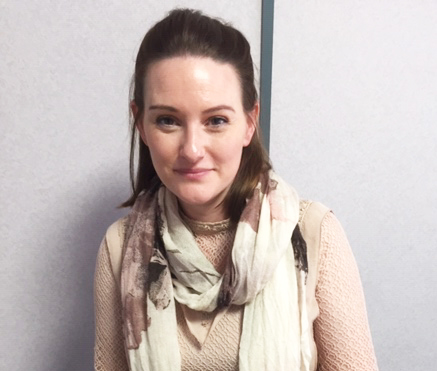
“SHE wears the trousers in that house.” “He’s under her thumb.” “He’s henpecked.” “She has him well trained.”
Remarks like these are made every day but behind them, there can be a chilling story of emotional, mental, financial and even physical abuse.
But the issue of men suffering domestic abuse is one which is still regularly pushed under the carpet, with the victims too embarrassed or too afraid of being seen as unmanly to open up on the issue.
“We need to redefine masculinity,” Joyce O’Sullivan, the new Mid West Support Worker with the national Men’s Development Network, told the Limerick Post.

- External Walls: Up to €8,000 Grant
- Attic: Up to €1,500 Grant
- Cavity Walls: Up to €1,700 Grant
- Internal Dry Lining: Up to €4,500 Grant
After only two months in the job, Joyce knows that the ways men deal with issues of abuse in a relationship are very different to the approach taken by female victims of abuse.
“Women tend to find it easier to confide in each other. Men tend not to be so open. When they meet other men, it tends to be around sport, work or the pub and they don’t talk about their issues. If there are bruises, they make excuses,” she said.
While awareness is gaining momentum around issues of domestic abuse, men are still behind in recognising what abuse looks like.
“Very often, men don’t recognise what is going on if they are in an abusive situation which involves emotional abuse and gaslighting.
“As for physical violence, men feel that if they admit to it happening people don’t know what to say. They get reactions like, ‘so you got a slap – but you’re a man?'”
Leaving an abusive situation, particularly if there are children involved, can be just as difficult for a man as for a woman and often more so for men.
“There are refuges for women who want get out and rightly so,” said Joyce. “For men there’s absolutely nothing. They have to go back to family or go couch surfing with their mates.”
Getting involved in the courts to gain access to children is another minefield, with members of the judiciary still largely predisposed to awarding custody of children to the woman in a relationship.
“One of the services the Network provides for men is advocacy and court accompaniment. We don’t provide legal representation but we can put them in contact with the services that do.”
But dealing with leaving or having left is not the only situation in which the Network can provide support.
“A man may be thinking about leaving but isn’t there yet. We can discuss what plans he can put in place to ensure he is safe. We want to meet men wherever they are without judgement,” said Joyce.
Joyce’s new position is a pilot project, aimed at making the services and supports offered by the network better known outside of Dublin.
Her brief covers Limerick and a huge swathe of the Mid West, going into Kerry.
“Right now, I’m just trying to get the word out there, dropping posters and leaflets into community centres, GP clinics, health centres – anywhere we can be seen. The plan down the road is to offer one-to-one support,” said Joyce.
“Things have to change around perceptions of what it is to be a man, and while it is getting better, we need to encourage men to be able to speak out about their needs and their issues.”
Joyce can be contacted, and other services and supports availed of through the Network at mensnetwork.ie, or by calling their help line at 1800 516588.

